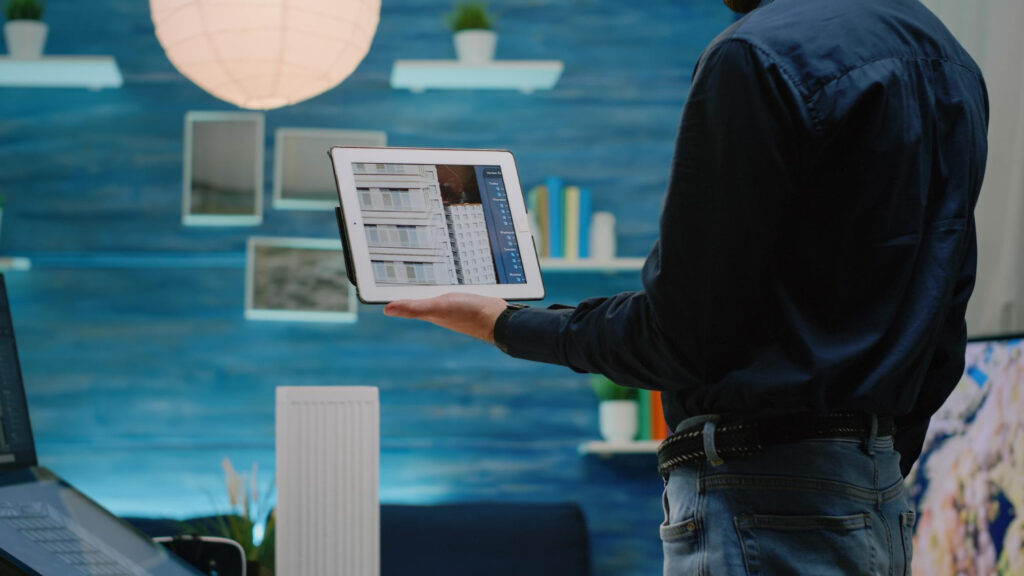Smart Buildings: The Future of Commercial Real Estate

In the rapidly evolving landscape of commercial real estate, smart buildings represent the cutting edge of technology and operational efficiency. As an IT startup specializing in technological solutions for shopping malls and business spaces, we recognize the transformative impact of smart building technology. This comprehensive guide explores the benefits, technologies, and future potential of smart buildings, offering valuable insights for mall and business center managers.

Designed by Freepik
What Are Smart Buildings?
Smart buildings use integrated technological solutions to manage and automate the building’s operations, including heating, ventilation, air conditioning (HVAC), lighting, and security systems. These buildings are designed to improve energy efficiency, enhance occupant comfort, and reduce operational costs. The definition of smart buildings often extends to how these structures contribute to sustainability and user-friendly environments.
The Technological Backbone of Smart Buildings
Integration of IoT Devices
IoT devices play a crucial role in smart buildings, offering real-time data that helps in optimizing building operations. It’s estimated that by 2025, over 75% of large commercial buildings will use IoT technology for smart building applications.
Advanced HVAC Systems
Smart HVAC systems can reduce energy usage by up to 20%, significantly lowering operational costs and enhancing the building’s environmental footprint.
Automated Lighting Systems
Implementing automated lighting can lead to a 30% reduction in energy consumption, making it a key feature of smart building solutions.
Smart Building Solutions in Action:
Example 1: The Edge, Amsterdam
Often cited as one of the smartest buildings in the world, The Edge utilizes a vast network of sensors and a sophisticated building management system to optimize energy use and provide a comfortable working environment. The building features solar panels and uses rainwater harvesting to minimize its ecological impact.
Example 2: Salesforce Tower, San Francisco
This skyscraper is equipped with advanced air filtration systems that leverage outdoor air to improve indoor air quality and reduce energy consumption associated with heating and ventilation.

Designed by Freepik
The Business Impact of Smart Buildings
1. Operational Efficiency
Smart buildings report an average of 15% savings in maintenance costs due to predictive maintenance and efficient resource management.
2. Tenant Satisfaction
Buildings with smart technologies see a 23% increase in tenant retention, attributed to enhanced comfort and convenience.
3. Property Value
Smart commercial buildings can see up to a 20% increase in property value due to advanced technologies and efficiency improvements.

Designed by Freepik
Future Trends in Smart Building Technology
AI and Machine Learning
The integration of AI in building operations is set to revolutionize the industry by automating complex decision-making processes, potentially reducing operational costs by an additional 10% over the next decade.
Blockchain for Smart Contracts
Blockchain technology is increasingly being explored for its potential to simplify lease management and energy trading within buildings, ensuring transparency and efficiency.
Sustainability Initiatives
Future smart buildings are expected to focus heavily on sustainability, with predictions stating that over 80% of new commercial buildings will be designed with sustainability certifications by 2030.
The evolution of smart buildings is not just a trend but a significant shift towards more sustainable, efficient, and occupant-friendly commercial properties. For mall and business center managers, investing in smart technology is not only an operational necessity but a strategic asset that can differentiate their properties in a competitive market.















